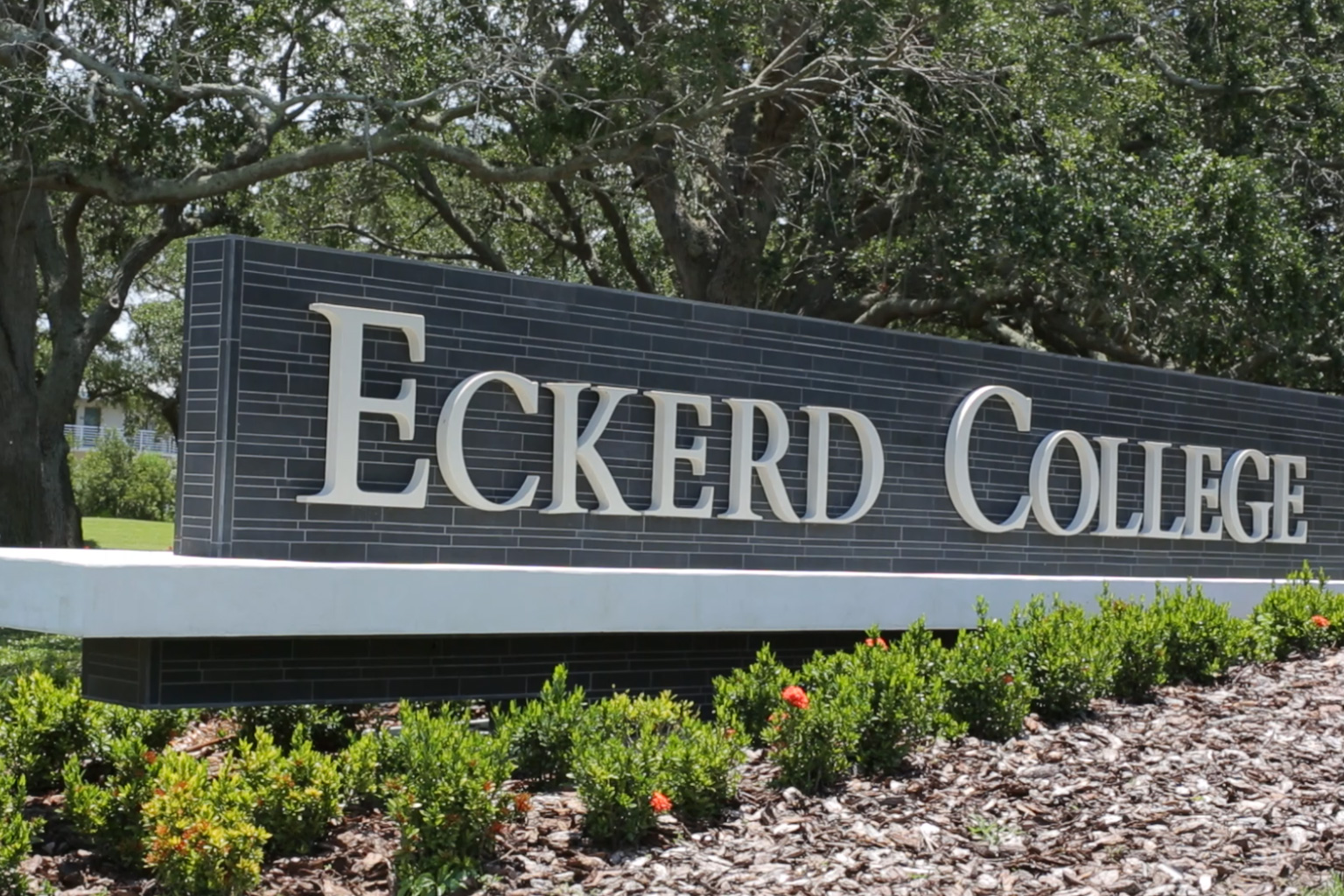
When the federal government passed the Coronavirus Aid, Relief and Economic Security (CARES) Act on March 27, the $2 trillion program extended a lifeline to Americans in distress due to the forced closures to prevent deaths during the COVID-19 pandemic.
Eckerd College was awarded more than $1.5 million, based on current student enrollment, and 50% of it must be used for emergency student aid grants. “Following federal guidelines, these grants can be made to eligible students for their expenses related to the disruption of campus operations due to coronavirus—such as food, housing, course materials, technology, health-care and child-care expenses,” explained Robin M. Remley, CPA, associate vice president and controller at Eckerd College.
To distribute the aid, the College appointed Director of Financial Aid Pat Watkins, Ed.D., as the project lead and formed a committee to review applications that included Vice President for Enrollment Management John Sullivan, Bursar Angie Noronow, and Assistant Director of Outreach Services and Health Promotion Cory Champer. “We were able to act quickly,” Remley said. “[U.S. Education] Secretary Betsy DeVos sent out her letter on April 9, and some students received funding by April 14.”
A dedicated email address for requests was shared with the entire student body and parents, and the applications began rolling in immediately. Several applicants expressed a need for computers to finish their semester remotely, because campus closures had left them disconnected from labs, and stay-at-home orders prevented them from utilizing public libraries.
“I have gotten about 200 requests, and we have funded 136 of them,” Watkins said. “The remaining students haven’t provided the requested information for what they need, the dollar amount or the expense being covered.”
CARES Act funding can’t be used to cover tuition or account balances with the institution. Some of the applicants have been federal work study students who relied on their campus jobs to pay bills—including for housing, utilities, communication and food—Watkins said. The amount of federal dollars Eckerd receives to fund work study positions covers only a small portion of what student workers are paid throughout the year. The rest comes from the College, she explained, to provide students adequate compensation for their work.
“We prioritized some of the most concerning cases, students who didn’t have a place to stay and were living out of a car, and were able to get them funds first,” Remley said.
Requests are still being accepted at emergencyaidrequest@eckerd.edu, and eligible claims will be processed until funds are depleted. Remley said the remaining 50%, the institutional portion of the CARES Act award, will be used to recoup a small portion of the nearly $4.5 million in losses the College incurred for partial housing and dining refunds issued this Spring Semester.












